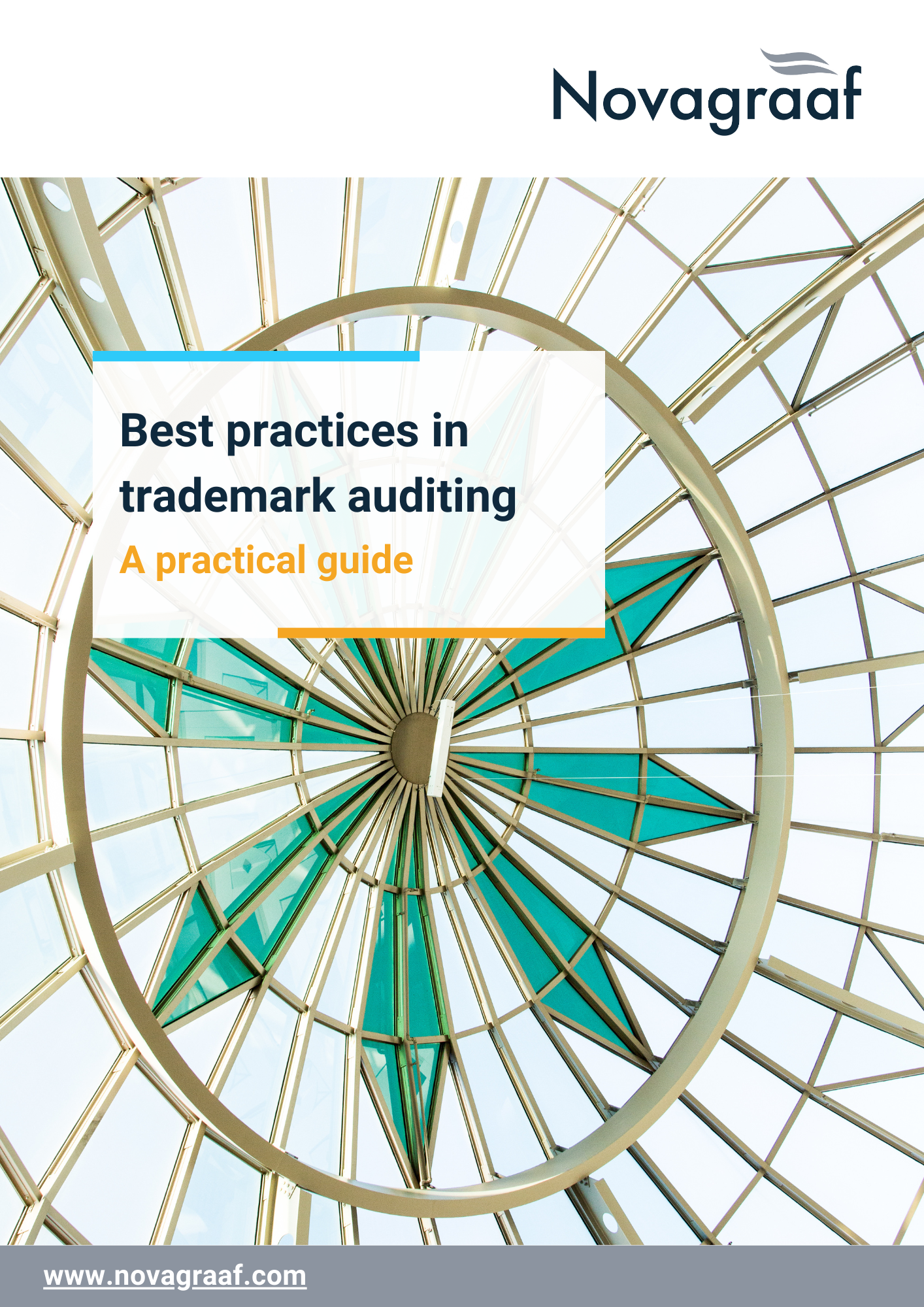How a trademark audit can support a global brand

Trademark audits can provide organisations of all sizes with vital knowledge and reassurance that their brands are protected effectively in key markets. However, they are especially critical for brand owners with international operations. Trademark Attorneys Luke Portnow and Mona Asgari explain how to perform a trademark audit for a brand with a global portfolio or expansion plans.
This type of audit is a comprehensive review of a company’s trademark portfolio to ensure it remains fit for purpose. Often overlooked, such audits are about more than simply ensuring trademarks are adequately maintained and protected. A good trademark audit can also identify potential risks, gaps, vulnerabilities and other unknowns which may need to be addressed.
What are the benefits of a trademark audit?
Taking it at its simplest: a trademark audit is a crucial part of maintaining a strong IP portfolio and so always benefits a business. Data is reviewed to ensure trademarks hold registered protection (or at least have been applied for) in key territories, such as where goods and services are offered. The protection in place is also assessed in relation to its specification of goods and services: if a trademark has evolved, the audit can reveal if the existing protection needs to be updated to cover more (or fewer) classes. The process will consequently also reveal if a trademark registration can be allowed to lapse (i.e., not be renewed), which can save businesses significant costs.
Beyond these steps of a ‘standard’ trademark audit, additional considerations exist especially for a business with a globally focused trademark portfolio or expansion plans.
Trademark audit strategies for global brands
Often, a standard trademark audit will not include considerations such as whether the business has any franchisees. If so, one may wish to confirm that the franchisee has not independently obtained protection in its own name for your business’s trademark in the given jurisdiction. If your goods are manufactured in a foreign country, or if such operations could move in the medium term, another consideration is whether local laws and authorities require you to hold a trademark registration in advance of commencing. An important portfolio gap may exist, requiring local attorney expertise, to ensure your supply chain is not interrupted.
An annual trademark audit is also an opportunity to cross-check and ensure any recently acquired rights have been onboarded correctly. Have recordals been correctly completed? Do these rights still align with the plans of the business? Or does the acquired portfolio contain registrations in jurisdictions which, on reflection or after a couple of years, now appear of no interest, such that they can be marked not to renew. Alternately, the audit could reveal if IP properties are held in the incorrect owner’s name or address, especially is a portfolio is split across many different business units.
A trademark audit can then also flag issues on the periphery of your company’s IP strategy that are often overlooked. For example, considering gaps in protection in important markets should also identify jurisdictions where the brand should have a trademark or competitor watching service in place, or even remind you to check whether a generic top-level domain name is now available in the territory.
How a trademark audit can support business operations
A successful trademark audit should bequeath a clear indication of your current position and the action points for maintaining useful protection to meet your needs or expansion plans, or to help adapt to changes to commercial interests that may have taken place in the last few years. Those clear action points can then be replicated as a list for the business to action, whether you are a company always looking to effectively streamline its IP portfolio, or one that seeks the most broad and comprehensive rights for enforcement in all jurisdictions of interest.
Reflecting on information gleaned from a trademark audit can steer updated or new internal processes to document, formalise or ensure best practices are always followed for the management of your trademark portfolio. Large businesses with global portfolios may for example have high staff turnover which can affect the way in which IP is managed, so a formal IP policy is an effective way to ensure ongoing compliance within the business, so all employees are aligned with your activities and interests.
Ultimately, a proactive approach with regular trademark audits can ensure your IP portfolio remains strong: strategically sound, fit for purpose, providing value for money, and easy to adapt to meet any changes in needs or size of a business.
For more trademark audit best practices, download our practical guide to trademark auditing or, for dedicated support, reach out to your Novagraaf attorney or contact us below.
Luke Portnow and Mona Asgari are Chartered Trademark Attorneys at Novagraaf in the UK.
